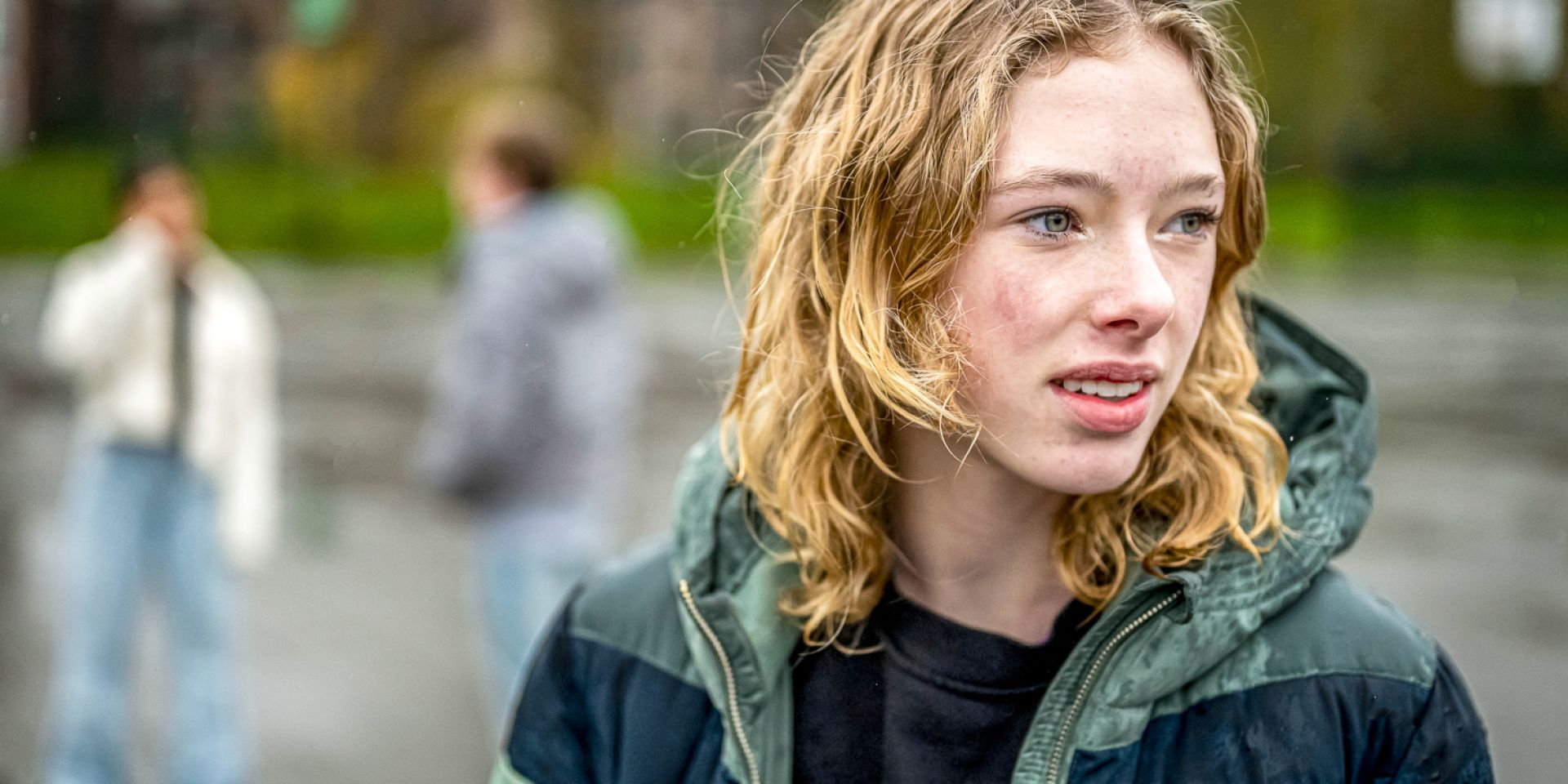
HANDS-ON for anxiety and OCD
A brief, intensive intervention for persistent anxiety or OCD
In HANDS-ON! we examine a brief, intensive treatment for persistent anxiety or OCD. HANDS ON! is a personalized exposure-based treatment, in which youth, parents, therapists and optionally school professionals, join forces. The treatment will be conducted mainly at home or at other places where the problems occur. We evaluate effects and user experiences with this treatment.
Background
Cognitive behavioral therapy is the first step in treatment for anxiety or an obsessive-compulsive disorder. This treatment usually consists of weekly appointments with the therapist at the outpatient clinic. This treatment works reasonably well, but not well enough in all cases. That is why, at Accare, we also offer a short, intensive treatment, where practitioners come home every weekday for some weeks, to practice together there where the problem comes up. We conduct this study to find out how well this treatment works and how it is experienced by everyone involved. Our aim is to further improve this treatment and develop better treatment options for children and young people with persistent anxiety or obsessive-compulsive symptoms.
The research study
The treatment HANDS ON! lasts 9 weeks and consists of three phases: the preparation phase (3 weeks), the intensive phase (4 weeks), and the third phase to continue more independently with the steps already taken (2 weeks). After these three phases, there is a follow-up period of four weeks in which you, supported by your parents (and school), are encouraged to maintain the goals achieved and to continue practicing. Preceding treatment is a baseline period of 2,5 – 4 weeks to examine how things are going without treatment and if treatment leads to improvement. The exact duration of the baseline period will be determined by draw.
To monitor progress, we ask youth and parents to answer questions at various time points, via questionnaires and interviews. A total of four times over a period of 15 to 17 weeks. This happens at the start of the study (baseline), before and after the end of the treatment, and four weeks after the treatment (follow-up). At the start, three personal treatment goals will be established. During the project, we will ask daily how you are doing with these goals via an app.
Finally, we ask you and your parents (and school) to participate in an interview about your experiences with this treatment and ideas for improvement. Participants receive a small financial compensation for participation in this study.
The researchers
Colin Ganzevoort is a PhD candidate on this research at Accare and the University of Groningen. Lidewij Wolters (Accare) and Maaike Nauta (Accare and the University of Groningen, Faculty of Behavioral & Social Sciences) are also involved in this research.
Leonieke Vet is a Clinical Psychologist and project advisor.
For more information, please email c.ganzevoort@accare.nl or call Colin Ganzevoort (06 - 59 87 50 25). Referrers within and outside Accare can contact Lidewij Wolters , healthcare psychologist (l.wolters@accare.nl).
This research was made possible by a grant from the VCVGZ Support Foundation.
